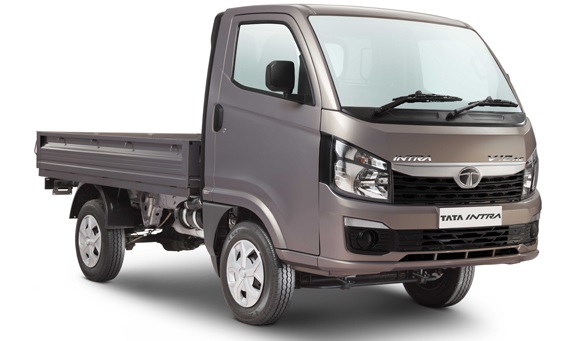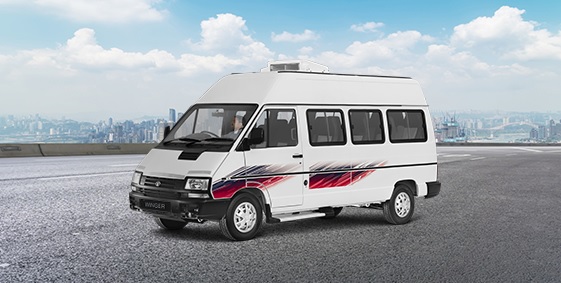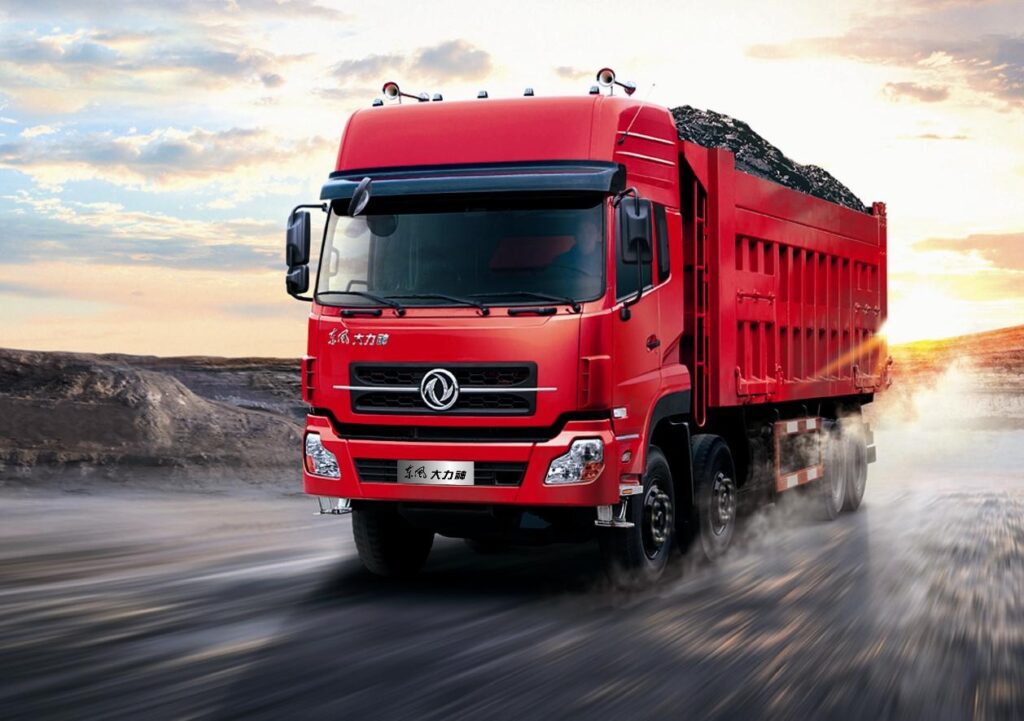
In today’s rapidly evolving business landscape, the efficient movement of goods and services is essential for success. This is where commercial vehicles step in as the unsung heroes of the economy. From transporting raw materials to delivering finished products, commercial vehicles play a pivotal role. In this article, we’ll delve into the significance of commercial vehicles and how they contribute to the functioning of modern businesses.
Introduction
In a globalized world where businesses are interconnected like never before, the role of commercial vehicles has become indispensable. These vehicles serve as the backbone of logistics, facilitating the movement of goods across vast distances.
The Evolution of Commercial Vehicles
Commercial vehicles have come a long way from their humble origins. From horse-drawn carts to state-of-the-art delivery trucks, they have adapted to changing technologies and consumer demands.
Types of Commercial Vehicles
Commercial vehicles encompass a wide range of types, each designed for specific purposes. Trucks haul heavy loads, vans are versatile for various deliveries, buses transport people efficiently, and trailers are used for specialized cargo.
Importance of Commercial Vehicles in Supply Chain Management
In the intricate web of supply chain management, commercial vehicles are crucial in bridging the gap between manufacturers and consumers. They ensure timely and safe delivery during both the initial and final stages of the supply chain.
Challenges Faced by Commercial Vehicle Operators
Despite their significance, commercial vehicle operators encounter challenges. Traffic congestion delays deliveries, maintenance costs can be steep, and environmental concerns necessitate sustainable solutions.
Technological Advancements in Commercial Vehicles
The commercial vehicle industry is embracing technology for a greener and safer future. Electric and hybrid vehicles reduce carbon footprints, while advancements in autonomous driving aim to enhance efficiency.
Impact of Commercial Vehicles on Urban Areas
As urbanization continues, the impact of commercial vehicles on cities is magnified. Balancing the need for deliveries with urban livability poses challenges that urban planners and businesses must address collaboratively.
Regulations and Safety Measures
Stringent regulations govern commercial vehicle operations to ensure safety on roads. From weight restrictions to driver working hours, these measures safeguard drivers and other road users.
The Future of Commercial Vehicles
The future promises exciting developments in commercial vehicles. With ongoing research in alternative fuels, connectivity, and automation, we can expect a revolution in how goods are transported.
Conclusion
In conclusion, commercial vehicles are the lifeblood of modern businesses, enabling the seamless movement of products in a complex web of supply and demand. Their evolution and adaptation to technological advancements will continue to shape the landscape of commerce.



